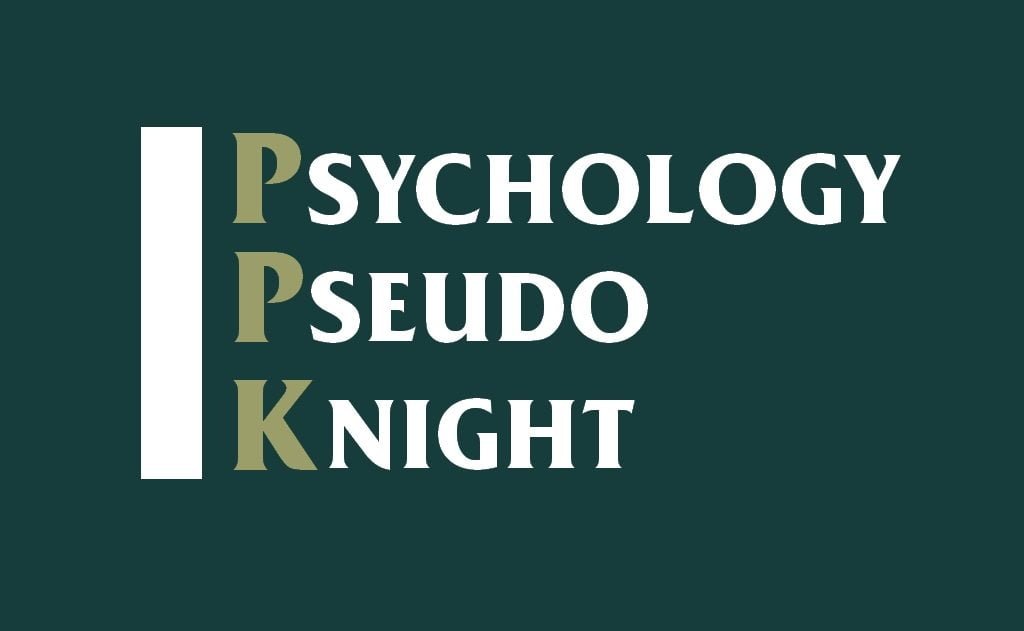When it comes to silent letters, English has many. They are there, standing firm, occupying space and charge you for extra ink but not pronounced at all. Many people hate them for being there and they fuss about why for god’s sake they are not pronounced. Well, there is a reason they are not pronounced and we wrote an article just about that. So let’s find out *rubbing hands together*
For some reason, English does not pronounce the ‘p’ in “psychology” but French does. For the same reason, it does not pronounce the ‘k’ in “knight” but German does. So, that has nothing to do with the letter and it has everything to do with English.
It seems that English has some kind of rules about the way sounds can be combined together in words and syllables. This is what it is known in linguistics as phonotactics. Phonotactics places limits on what consonant clusters are allowed at the beginning of syllables. If a word begins with a stop /p, b, t, d, g, k/ the only sounds that are allowed between that and the next vowel are /r/, /l/, and /w/. That’s why we have ‘plan’, ‘grow’, ‘Gwen’, ‘cry’, ‘bring’, ‘cluster’, and ‘prawn’, but we don’t have any word that starts with ‘pn’, ‘gn’, ‘pf’, ‘dn’, etc.
Nasals (/m, n, ng/) have even stricter limitations in the sense that they can’t be put in clusters at all, only after /s/, e.g. ‘small’, ‘snow’, ‘smuggle’, etc. /ng/ can’t happen at the beginning of English syllables at all. It can only occur at word-final positions. This causes a lot of frustration to people who immigrate to English-speaking countries who have names such as Nguyen.
There are two ways English, or any language for that matter, deal with clusters that do not exist in the language: epenthesis (inserting a vowel in between or before that sound) and deletion.
Although nowadays a lot of newly borrowed words use epenthesis, in the more common Latin and Greek roots borrowed earlier, English uses deletion. Since the combination /ps/ cannot coexist in an English syllable, one of the sounds has to go and that happens to be /p/. The same thing applies to “knight” and pretty much all borrowed words that do not follow English phonotactics.
This is not peculiar to English. Every language has its own unique sound pattern. That’s why native Spanish speakers add /e/ to the beginnings of words like “spelling”, “study” and “Steven” while English speakers manage them just fine. And that’s why the only Japanese words that don’t end with a vowel must end with /n/.
This is what gives each language its unique intonation pattern. That’s why when you hear a language being spoken you can confidently guess what that language is despite not understanding a single word. That’s because you are familiar with what it sounds like. More technically, you are familiar with its phonotactics.
If anyone corrects your pronunciation of a word in a public place, you have every right to punch him in the nose.
Heywood Broun








A really interesting read! In some languages, there is even a difference in phonotactics between speakers of different regions. In German, for example, people from northern Germany pronounce “Pferd” (horse) or “Pfanne” (pan) with /f/ at the beginning, whereas speakers from southern Germany, Austria and Switzerland (and the German-speaking part of Italy) have no trouble pronouncing the /pf/ sound. The same goes for names such as “Tschurtschenthaler” or the mountain in Austria called “Tschirgant” – the /tʃ/ sound at the end is impossible for northern Germans to pronounce (which is also why they often struggle pronouncing English words starting with that sound, such as “choose” – they tend to pronounce it more like “shoes”…
“Since the combination /ps/ cannot coexist in an English syllable”
I think you meant at the beginning of an English syllable, since words like apse work just fine.
Hello. You state that ‘ng’ cannot occur except in a word-final position, but,(as always, it seems) there are exceptions: nightingale (bird). Accepted because, while a consonant cluster, the two sounds are in the separation of a syllable – – still, the two letters DO appear together.
“You state that ‘ng’ cannot occur except in a word-final position” That’s not what it actually says. It says it can’t be at the start of a syllable. Also, the article was referring to the ng sound. The word nightingale does not contain that sound. It has an n sound (at the end of one syllable) followed by a hard g sound at the start of another syllable). That is different.
I disagree about the “kn” sound. True, we don’t pronounce the “k” at the beginning of “knife” and “knight,” but I have no trouble at all pronouncing that sound if I choose to do so.
Let’s also notice that a word like GNOME does exist in English. So, an exception like this should prove the rule, huh? ?